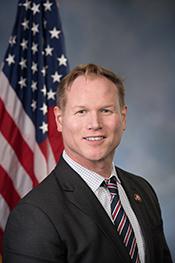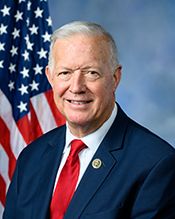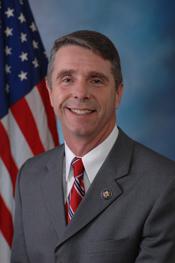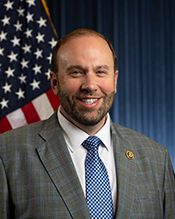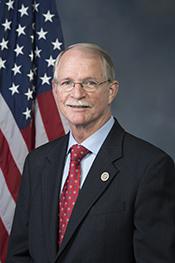0
Teleabortion Prevention Act of 2019
11/1/2022, 4:47 AM
Congressional Summary of HR 4935
Teleabortion Prevention Act of 2019
This bill restricts the use of telehealth for chemical abortions (also known as medication abortions).
Specifically, it requires a provider who dispenses or prescribes medication for a chemical abortion to physically examine the patient, be physically present at the location of the chemical abortion, and schedule a follow-up visit. The bill provides an exception for a chemical abortion that is necessary to save the life of a mother whose life is endangered by a physical disorder, illness, injury, or condition.
The bill establishes criminal penalties—a fine, a prison term of up to two years, or both—for a provider who does not comply with the requirements.
A patient who undergoes a chemical abortion may not be prosecuted.

